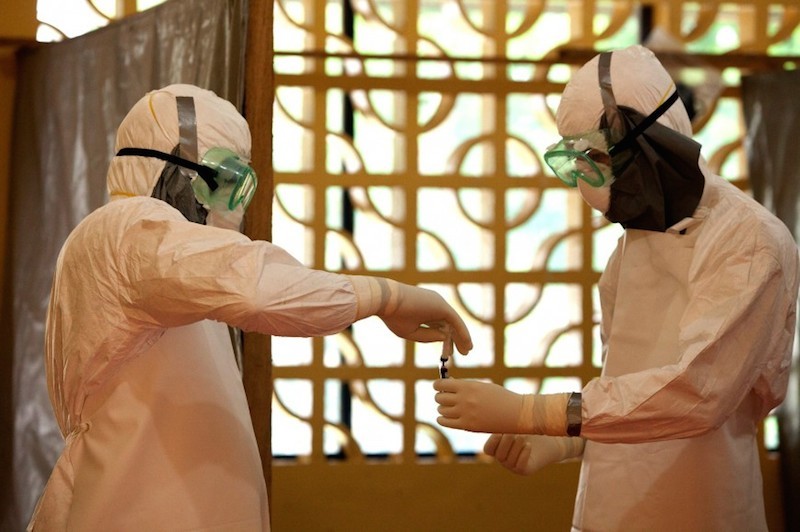

Since July 2014, Samaritan's Purse has been managing an Ebola isolation center in Liberia located in Foya near the border with Guinea.
Dr. Kent Brantly, a doctor working with Samaritan's Purse, and Nancy Writebol, a missionary from SIM, contracted the Ebola virus during the past weekend, and are continuing to fight the virus at a hospital in Monrovia, Liberia.
Although they are suffering some symptoms of Ebola, both of them are currently in stable condition, according to Ken Isaacs, the vice president of programs and government relations at Samaritan's Purse. "But they are not out of the woods yet," he added.
The two had been a part of a joint Samaritan's Purse and SIM team serving patients at Liberia. Dr. Brantly "was serving in Liberia through the post-residency program before joining the medical team responding to the Ebola crisis," according to the Samaritan's Purse. Writebol had been working with SIM, "which manages ELWA Hospital," and Samaritan's Purse and SIM had been partnering together to try to stop the Ebola outbreak that had been occurring in Liberia.
Bruce Johnson, who is the president of SIM USA, said, "The next few days are critical in assessing the recovery of these Ebola crisis responders. SIM and Samaritan's Purse invite people to pray for the full restoration of our two workers and for the stemming of the spread of this virus across Liberia and other nations of West Africa."
These two individuals' contraction of Ebola is only two out of over 1,000 cases of Ebola contractions that have happened recently. Out of those, there have been 672 deaths, according to the World Health Organization (WHO). The WHO stated that this is the largest recorded breakout of this disease.
Although Ebola has been known to only affect those in the rural villages of Africa, health care workers are worried that the virus has been spreading in larger cities, such as the capital cities of Liberia, Guinea, and Sierra Leone.
"Now the disease has been introduced into the big urban areas with millions of people. In the big cities, people can get on an airplane and fly out," explained Ken Isaacs.
Isaacs has been calling on the U.S., Canada, and the European Union to "pour resources into those countries to help them educate health care workers," according to the Washington Post.
"If Ebola is not fought and contained in West Africa, it will be fought somewhere else."

















